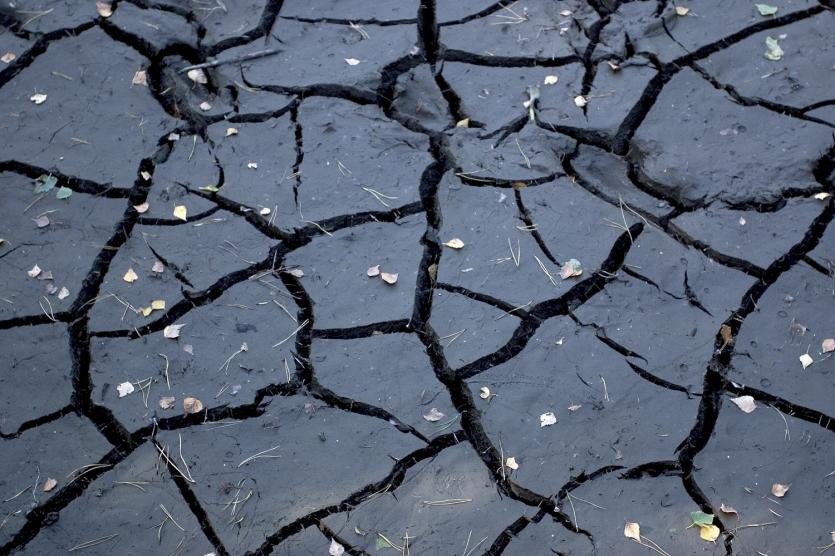Photo by Griszka Niewiadomski from FreeImages
By Patryk Krych | The World Daily | OCTOBER 16th 2021
The everyday livelihoods of the Marsh Arabs living in the Chebayesh Marshes in Southern Iraq are under threat from a combination of climate change, pollution, as well as the development of upstream dams.
The wetlands are struggling through the extreme changes being brought on, particularly by a changing climate and a never-ending cycle of pollution that afflicts the area. The locals are highly dependent on water in order to keep on living, but the past summer has been a tough one on the wetlands’ farmers.
“The marshes are our life. If droughts persist, we will stop to exist, because our whole life depends on water and raising water buffaloes,” said Sabah Thamer al-Baher, a local farmer who raises water buffalo, and a father of two children.
According to the United Nations, the rainfall season of 2020-2021 was the wetlands’ second driest in forty whole years. Baher stated that he had been forced to purchase fresh cleaning water as a result of the drought, for his herd of water buffalo, as the salinity of the Chebayesh Marshes rises to increasingly concerning levels.
Due to the combined issues of climate change causing higher temperatures, pollution, and the construction of upstream dams further hindering the flow of water through the wetlands, the marsh is predicted to go through yet another water crisis in the year of 2023. For many of the locals, the marshes are their entire lives, as well as where they earn their sole source of income.
The marshes have a history of having gone through human-made drought before, when Saddam Hussein had dammed and drained out the wetlands back in the 1990s as a tactic to flush out rebels hiding within them. However, this had also driven out plenty of the lands’ indigenous population, the Marsh Arabs. Many families had returned to the land in 2003 after Hussein was overthrown and some measure of life returned.
However, despite this rather devastating history, it seems that the marshes are once again being put under droughts – this time as less of a direct result of human activity, but still with a very clear and undeniable connection.






